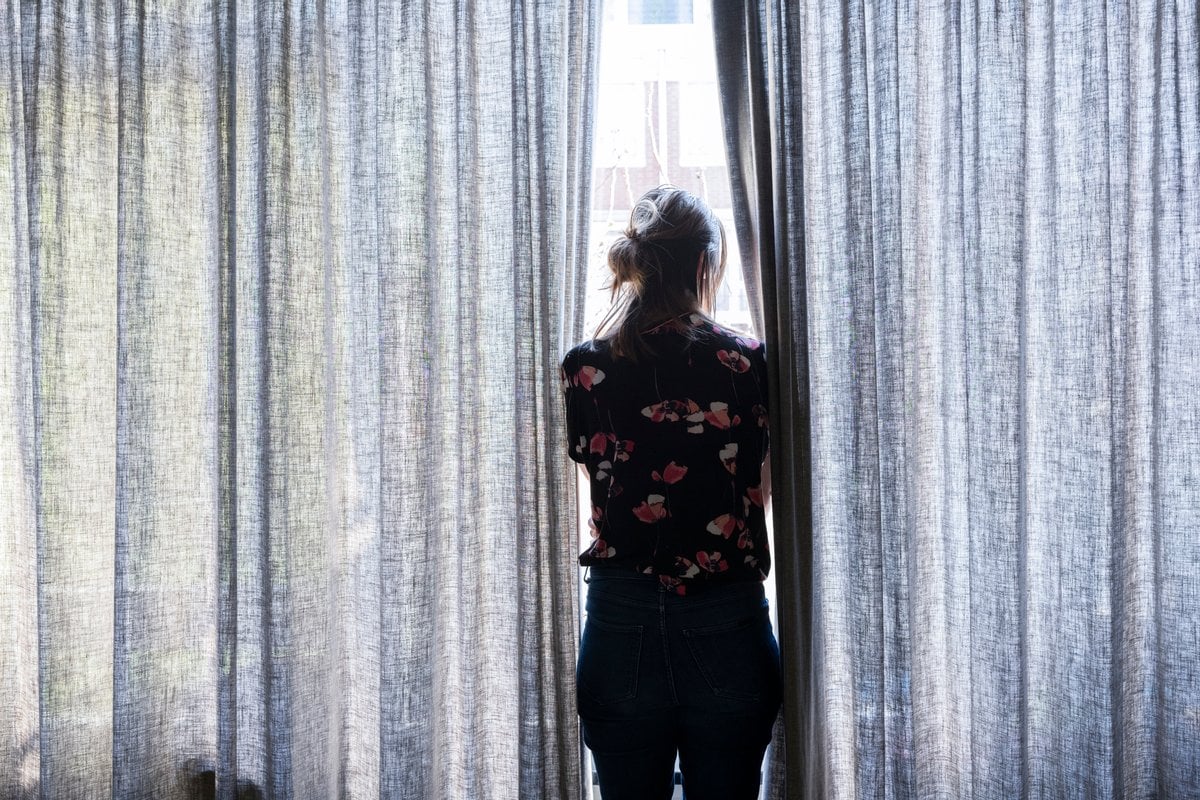
This post deals with abuse, child loss and PTSD, and might be triggering for some readers.
This is a love story that began when I was 17.
He told me he wanted to serve, and I complied, not knowing what I was complicit in.
I have wished a thousand times over that I knew when I kissed him goodbye, the man I loved so dearly would remain in Afghanistan.
Watch: You can't Ask That - Recent War Veterans. Post continues below.
After Afghanistan, I met him at the airport. I fell into his arms expecting my kindred and met a total stranger. He was too gentle to see what he saw.
Everything unravelled over 6 months.
Silences, rages and night terrors. Retreating one moment, showering me with affection the next. I was on uncertain footing every day, isolated from everyone I loved, and ashamed to tell them that my husband, the veteran hero, was terrifying me more as each day passed.
I remember being thrown against the wall and looking up into his eyes, seeing nothing.


Top Comments